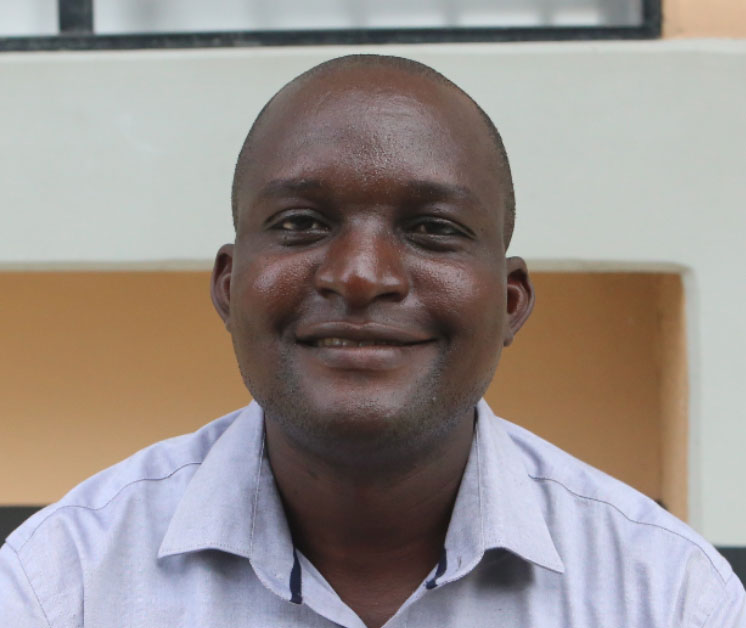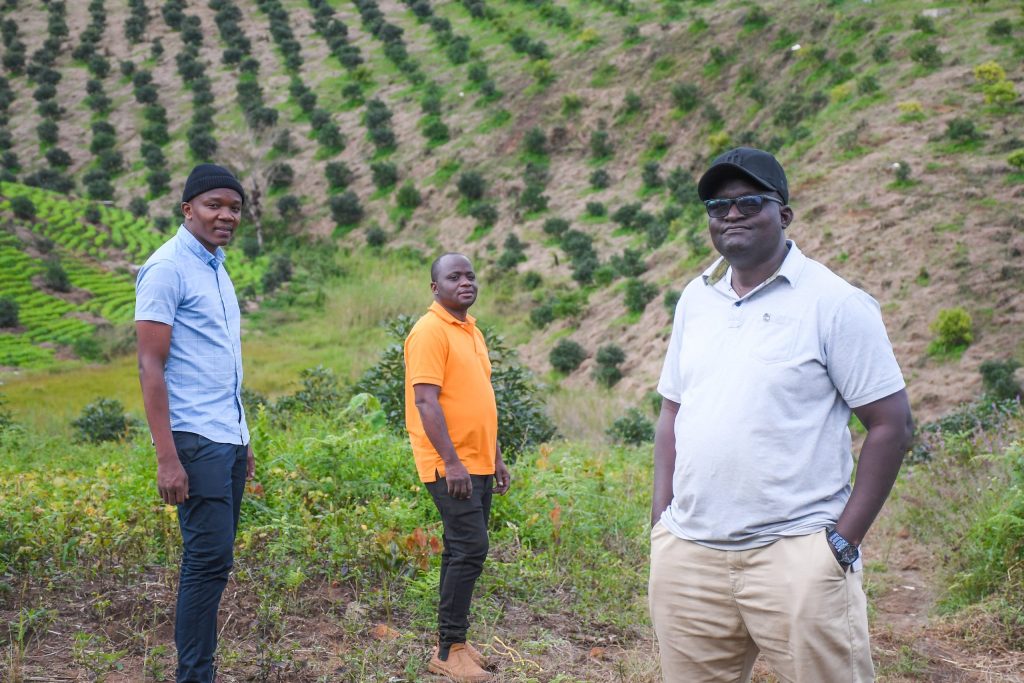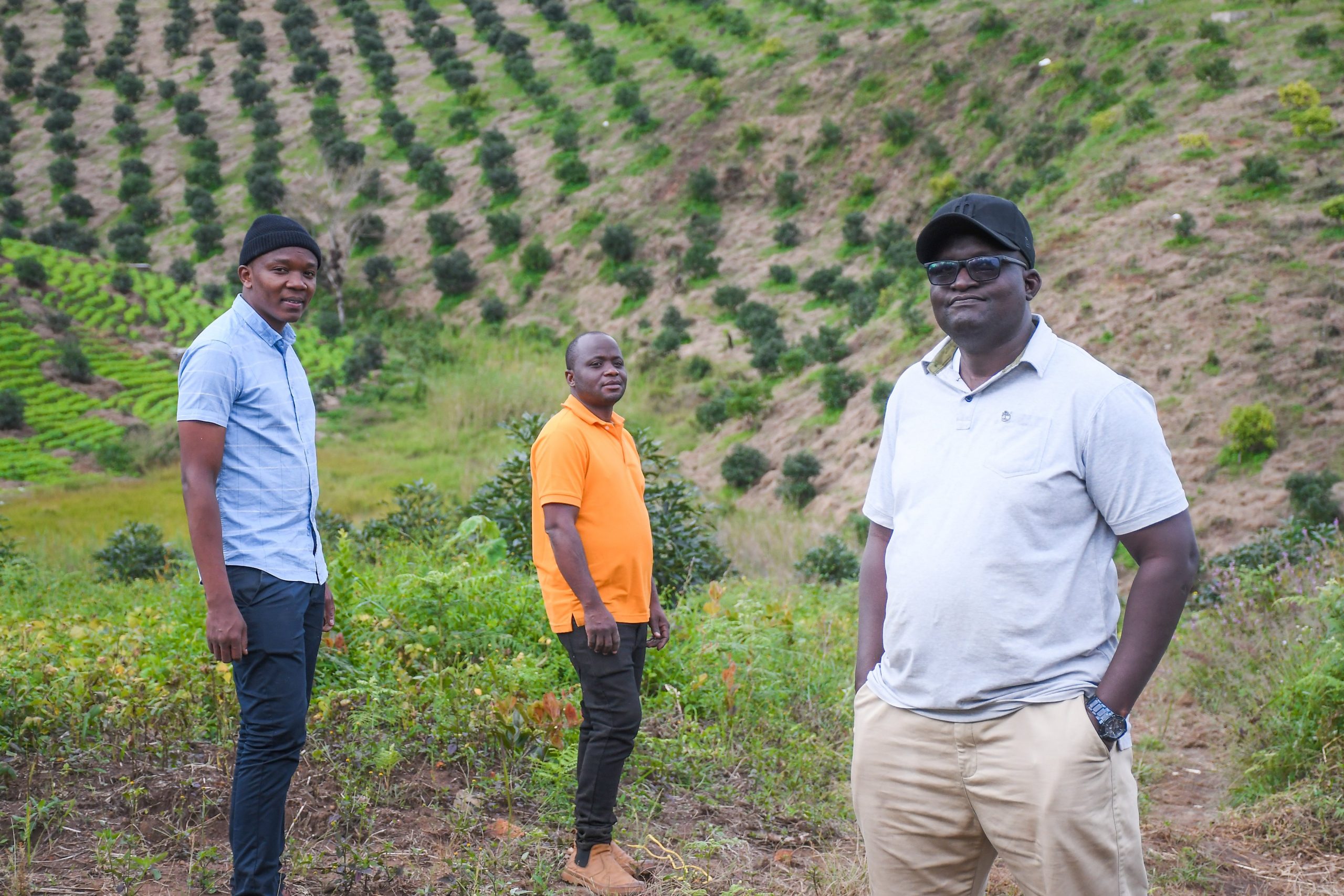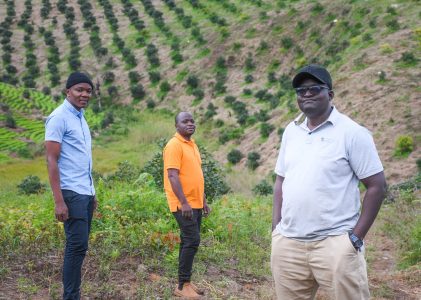
I came into the development sector as a very passionate person. That passion drove my career from the “entry-level” to various senior roles. I rose to eventually manage one of the international organisations (INGO) as its Country Director. In this role, I was responsible for all country operations. The role came with many privileges and a lot of status. It gave me access to high-level meetings not only in Tanzania where I am based, but also at the international level. From this, I got a lot of respect, status, and access to a luxurious life. If you had asked anyone about me, they probably would have been told I was also an employer, with a large staff to support me and a big budget to spend. I was not too concerned with the availability of money; I was concerned with how to spend it.
I lived this kind of life for a long time until I started questioning myself about the reality and contradictions of it. Whether it was the life I wanted to pursue and how long it would be sustainable. I was unsure if I would continue living like this for the rest of my life. It was not realistic but also within the community that I come from. It was not a reflection of who I felt I was. Internally, I was aware of what was happening in the community and the challenges they had, with my life, I felt like I was standing far from the community and far from the reality of my people. My status in international aid had distanced me from the community. I was standing very high, but my community was standing “very low” and I didn’t feel good. I was also internally disturbed by the programs I was doing. Some programs were not always clear and not sustainable if the funder ever pulled out. This made me unhappy with what I was professionally doing.
At this time, I started to reflect on the idea that we needed to create a community willing and confident to bring about and lead its development with very little external support – if they needed support at all. A community confident to solve its problem without always waiting for other people. I was sharing these challenges with my circle of friends. We talked about how we could make African communities and societies stand on their own. Having read different books, I could see how aid had conditioned us into dependence. So, my friends and I created an organisation to change the mindset of people, to start thinking about tackling social challenges ourselves and not doing it because other people were coming to tell us how to do it.
My status in international aid had distanced me from the community.
In 2014, I established Thubutu Africa Initiatives and started operations 2 years later. At that time, I was still employed by the international organization I mentioned earlier but in 2017, I felt that I could not keep on working with them and I resigned. Normally, when one resigns from a job, people expect that you are moving to another job. Many people wondered ‘where is Jonathan going to go?’ and what would be my next job. When I announced that I was joining the community organisation we founded as the director many people said, “Jonathan is out of his mind.” I had moved to a position with a lot of money for a start-up with no clear prospects. They thought something had gone wrong with me. This was how I started to lose my respect and status.
The first sign of losing my respect was that I was no longer someone who got consulted on international development issues. The second was with the community that I was working in. The communities had been conditioned into a system where you give money, you give everything, you go into a community, they have a problem, you “solve” it. I had moved from driving big organisational cars to a small personal car. They also became aware that I no longer had the big-money that came with my previous employer. There were moments when I felt the pressure to go back to my INGO job especially because I also had the pressure of supporting my family. It was hard on them because the privileges we had enjoyed were gone, and I also started to worry about money.

I had assumed some of my INGO contacts would support the organisation I founded, but many did not respond to my emails. I started to feel I had made a big mistake in trying to do community-led work. At this point I focused on trying to bring in money to the organisation, and I lost my focus on the work. Friends offered me friendly-caution to say, no one would give us money because our agenda was to make communities less dependent. With that I lost my focus even further and was thinking of bringing money from everywhere and anywhere. We managed to get small amounts, but the small amounts caused us to compromise the mission. At this point I started to lose respect for myself.
The communities had been conditioned into a system where you give money, you give everything, you go into a community, they have a problem, you “solve” it.
During this time, I also questioned why international organisations talk about supporting locally based organizations but the reality is different. I had known there are intermediary international organizations receiving the money and it’s them who decide which organizations on the ground gets funded, and where they get funded. I knew it was in the interest of international organisations to say we don’t have capacity. They must position themselves as people who have the capacity at the expense of locally based organizations so they (intermediaries) can continue to have access to funding. However, I felt I had gotten into community work at a time when that politics was over and behind us. I was shocked to learn that whenever I introduced myself as a locally based organization, we were taken for granted. We were told we could only manage small amounts. They argued that we did not have capacity because we were an “early stage” organisation. My previous experience as an INGO country head was dismissed.
Out of frustration from dealing with international organisations, I turned to the community. I had been the person who had solved their problems with money, then I became the person telling them, let’s mobilise whatever resources we had. At that time, I was struggling financially. Some people were speculating I had been fired from my previous job. I no longer had access to resources to distribute and that was why I was asking communities to chip in with contributions to the resources we needed. Some people still came to me with the mindset of external support. When I explained how community philanthropy works, some were disappointed, and they never came back again. I was struggling between the ideology of community philanthropy and putting it to people whose mindset had been conditioned into donor dependence. During this time, I also lost a lot of friends. People who had relied on external support also felt my idea and my way was the most difficult one.
They argued that we did not have capacity because we were an “early stage” organisation. My previous experience as an INGO country head was dismissed.
While I was going through this, I did not realize others around the world were also thinking the same thing. When I first heard the word “community philanthropy” I didn’t understand it. Even though that was the practice of how we were trying to mobilise resources, the term was not familiar to me. It wasn’t until I attended the #ShiftThePower symposium in London, that I met people there and I felt – this is what I have been thinking of. I was surprised, and happy that I was not alone. I met people there who have stayed friends with me to this date.
Many years later we managed to get community members to contribute to our work including when they came together to offer their labour to build a girls’ toilet at a school that had no toilet. People in the community have told me they are proud to have contributed to their development as opposed to simply being “watchers” of projects being implemented by people outside the community.
To this day, I am still surprised that there are people who are supporting it, because of how hard it was in the beginning. I still know there are people in international development who don’t understand or believe in the idea of communities as co-funders to their development issues.
For people that have been socialised in international development, the path to community philanthropy is like the process of refining gold. At some point, after all the extraction you must burn it and put it into fire so that you can get the very fine gold. Once it is out of the fire then the value will be increased, and it will be valued by customers in the market. That is how I see community philanthropy. You have to separate “yourself from yourself.” I mean in the sense that you have to redefine who you are and who you want to be and take the decision of who you want to be. I am happy to say that today, I have regained my respect in the community – and it’s a different kind of respect. I feel sorry for my colleagues who are working in big organisations because they are still seen as outsiders and do not have the respect that I do as a co-funder along with communities.
Jonathan Kifunda is the Executive Director of the Thubutu Africa Initiatives, and is based in Tanzania.

